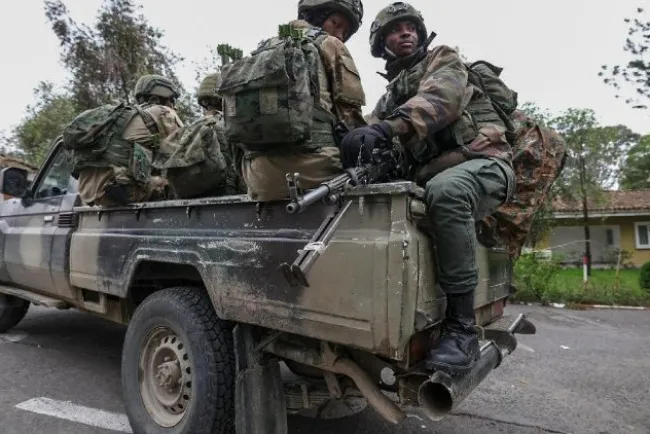US-Iran Nuclear Talks: Navigating Complex Diplomatic Terrain
As representatives from the United States and Iran prepare to meet in Muscat for the fourth round of discussions regarding Iran's nuclear program, the stakes are high amid escalating tensions over uranium enrichment. These negotiations, facilitated by Oman, come after previous talks have shown some progress, yet significant challenges remain. This article explores the complexities surrounding the ongoing discussions and their implications for regional stability.
Background on the Negotiations
The latest round of talks was initially scheduled for May 3 but was postponed due to new US sanctions on Iran. The discussions focus on Iran's uranium enrichment activities, which the US has deemed a "red line." High-ranking officials, including US West Asia envoy, Steve Dwickov, insist that Iran must dismantle its enrichment facilities. This demand stems from concerns that Iran's nuclear ambitions could lead to weaponization, a claim Iran firmly denies, asserting its sovereign right to a civilian nuclear program.
Current State of Affairs
Iran currently enriches uranium to 60% purity, a level that raises alarms in Washington. Iranian Foreign Minister Abasarak Jihad noted that while negotiations are making headway, they require careful consideration as they become increasingly complex. Observers, however, remain skeptical about the prospects of these talks, particularly regarding the US's insistence on dismantling enrichment sites.
Some analysts suggest that reaching an agreement comparable to the Joint Comprehensive Plan of Action (JCPOA) could be beneficial. This would involve Iran reducing its enrichment to 3.67% and transferring previously enriched uranium to Russia. Such a scenario would allow Iran to maintain its enrichment facilities while potentially easing some sanctions.
Diverse Perspectives on Dismantling Enrichment
Despite the complexities, there is a faction within Iran advocating for the complete dismantling of the enrichment program to alleviate economic hardships faced by the populace. This perspective argues that prioritizing the welfare of the people could lead to better outcomes in the long run, particularly given the current economic challenges.
Implications for US-Iran Relations
These talks represent the most significant diplomatic engagement between the two nations since the US withdrew from the JCPOA in 2018 under President Donald Trump. The outcome of the Muscat negotiations could have far-reaching implications for US-Iran relations and the broader stability of the Middle East.
With both sides navigating this delicate diplomatic terrain, the future of the talks remains uncertain. As tensions continue to simmer, the international community watches closely, hopeful for a resolution that could pave the way for improved relations and greater regional security.
Conclusion
The upcoming discussions in Muscat are a critical juncture for US-Iran relations. As negotiators strive for a breakthrough, the balance between national interests and the welfare of the Iranian people will be vital. The world will be watching to see if these talks can yield a constructive outcome that addresses the concerns of both sides while fostering greater stability in the region.
Stay updated on the latest developments in US-Iran relations and the ongoing negotiations by following our blog.
What's Your Reaction?















